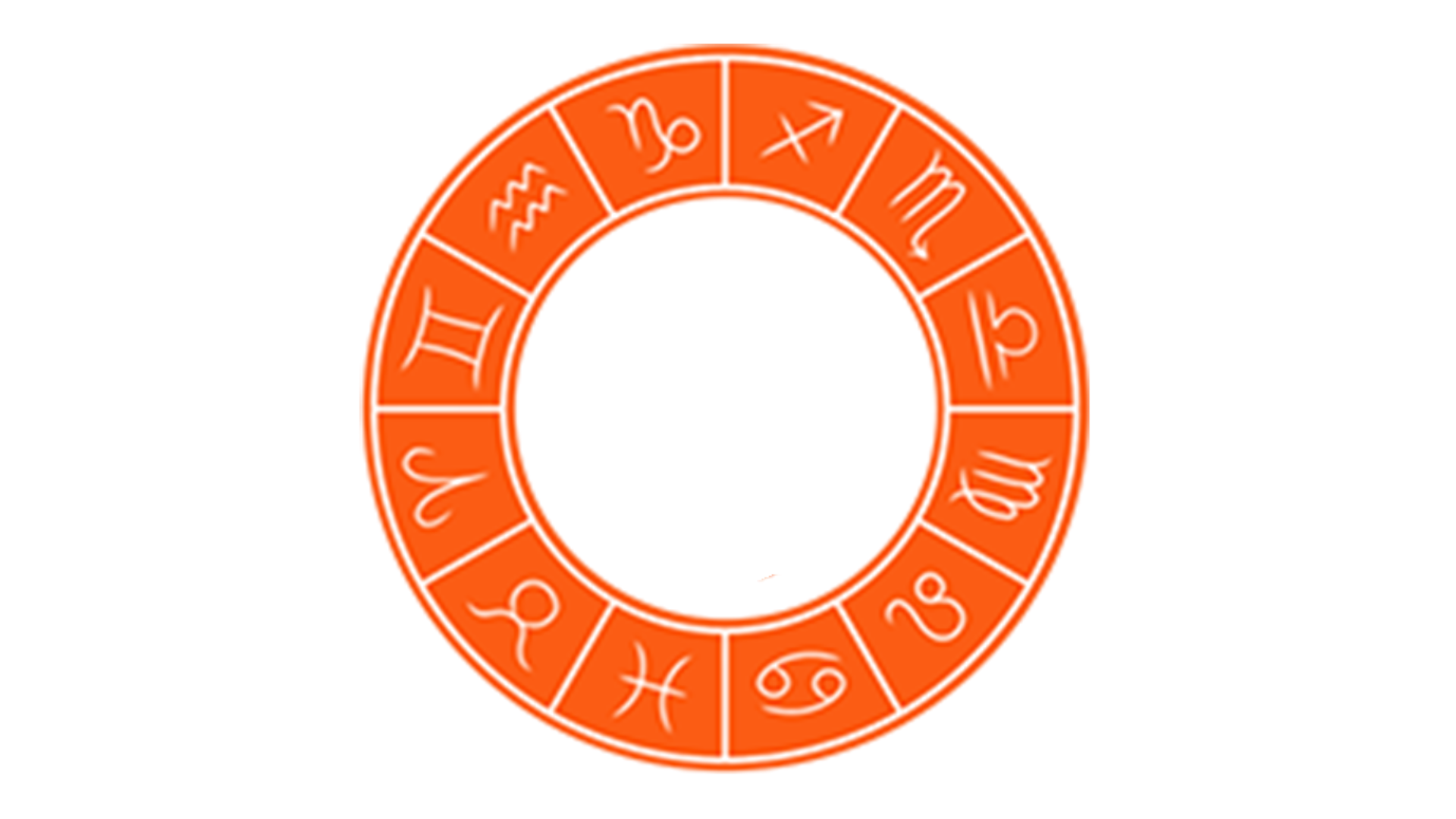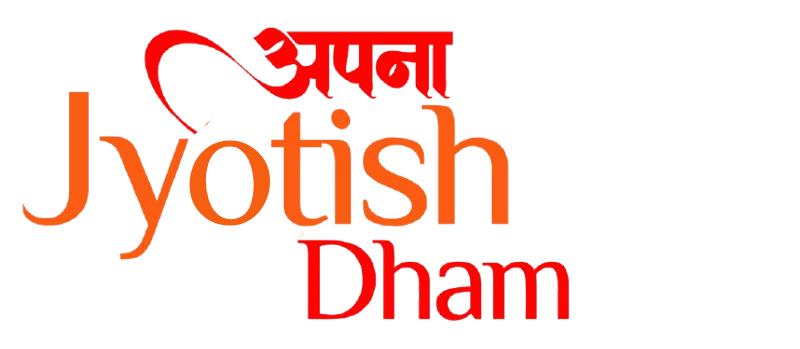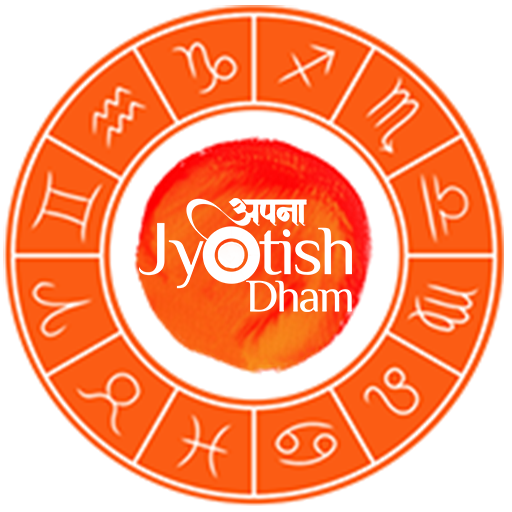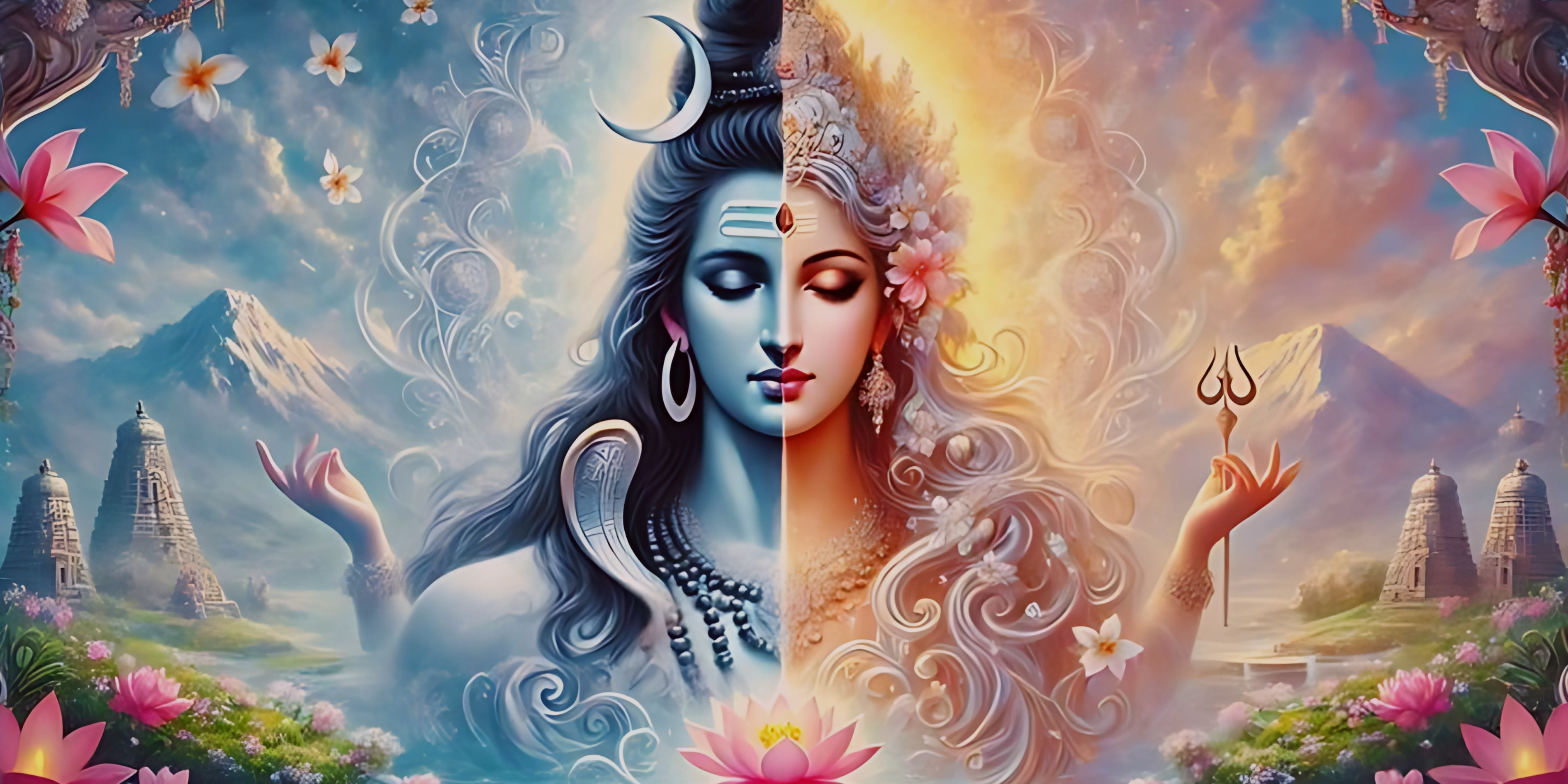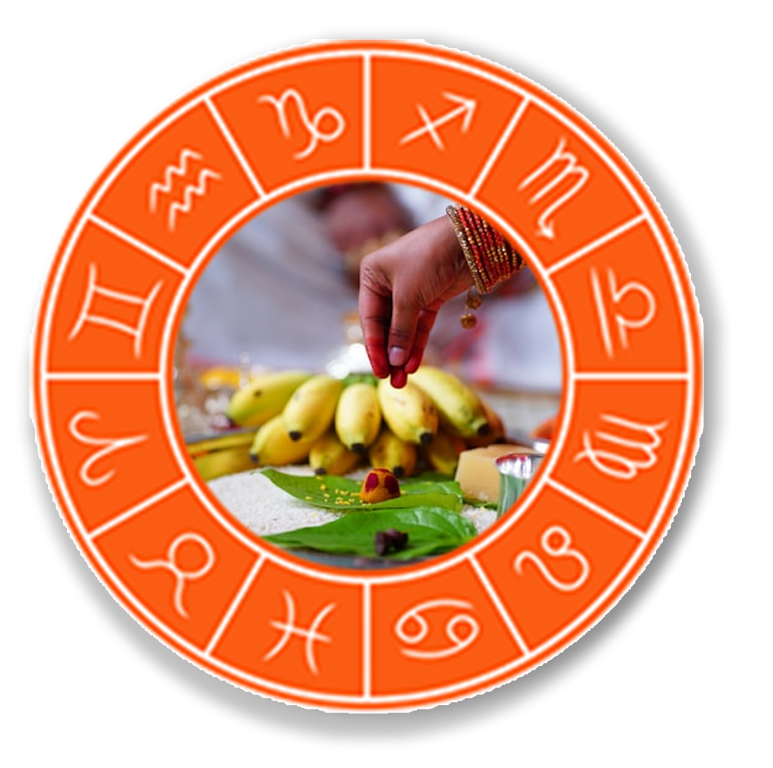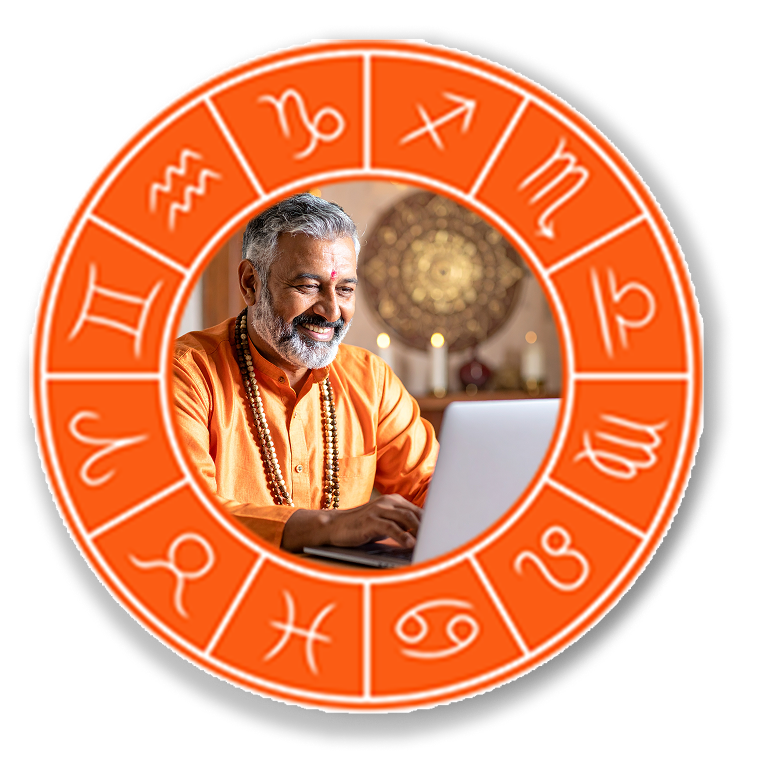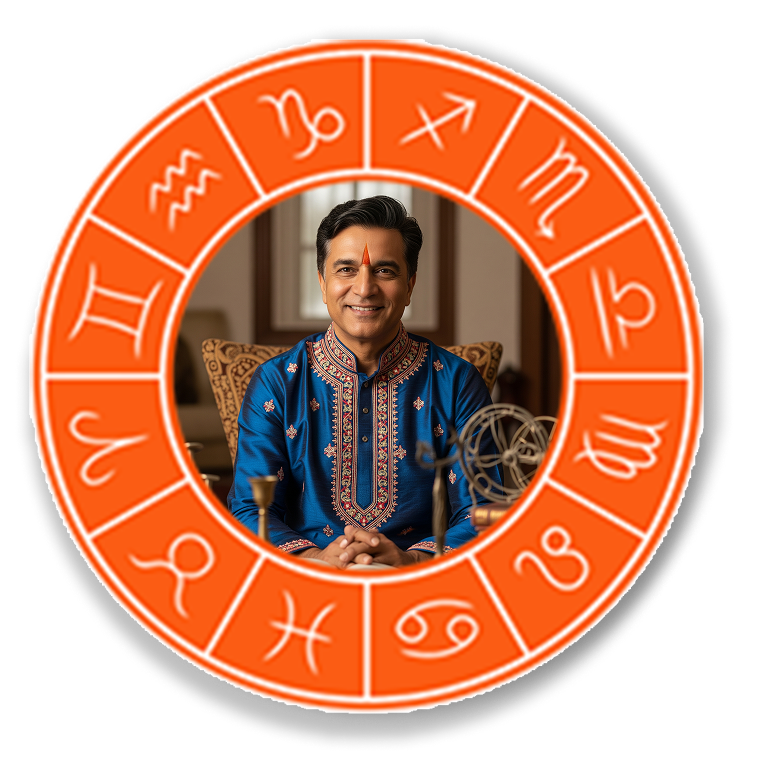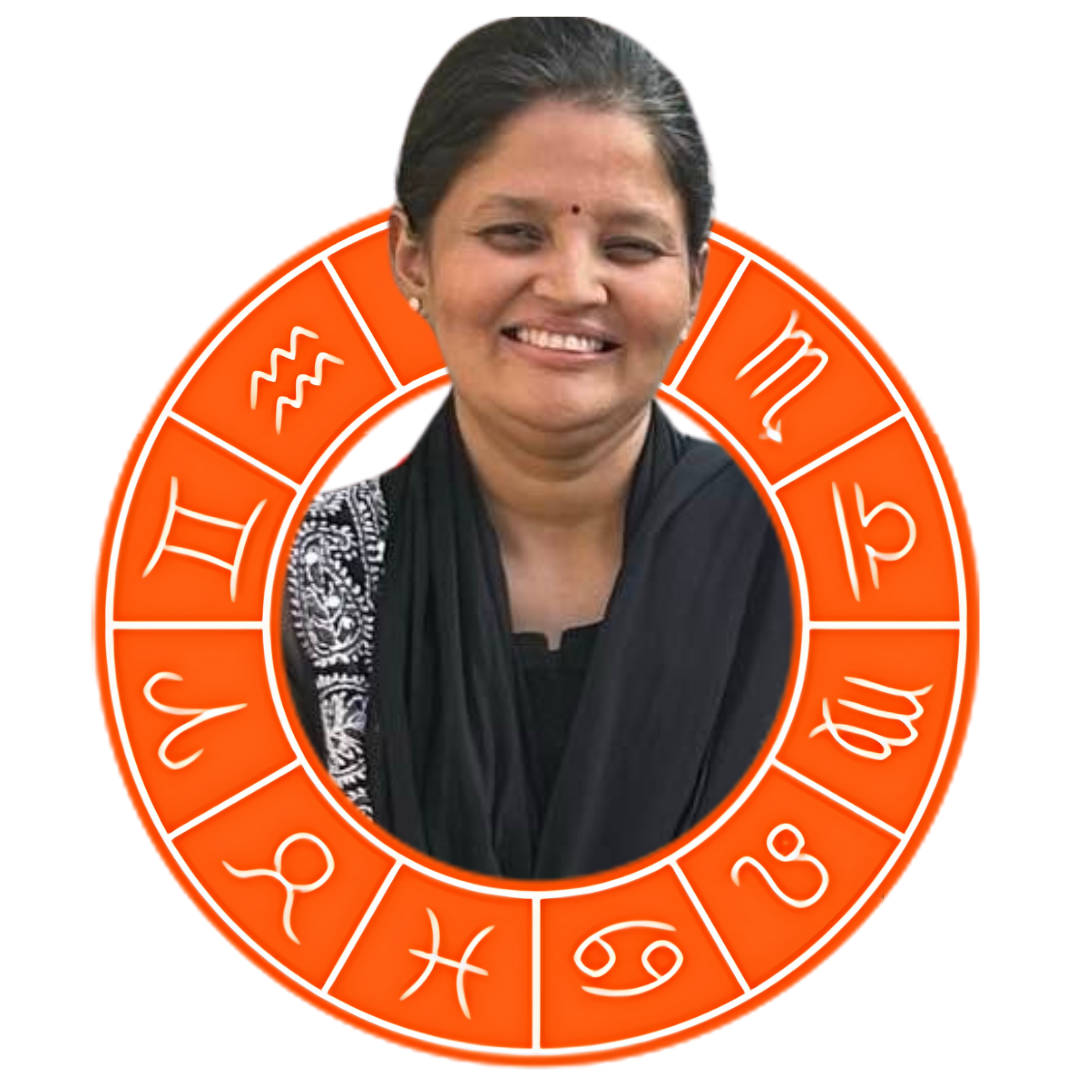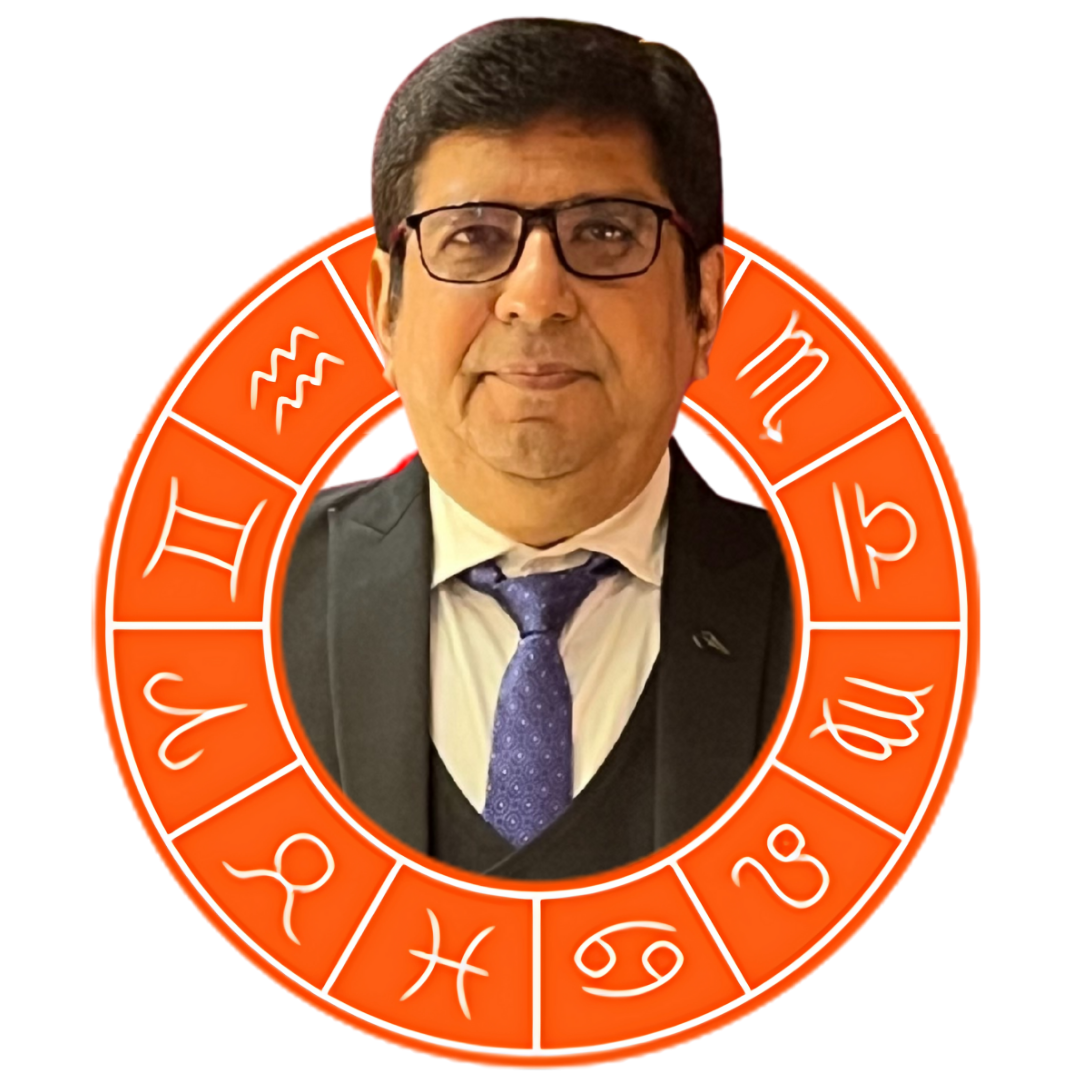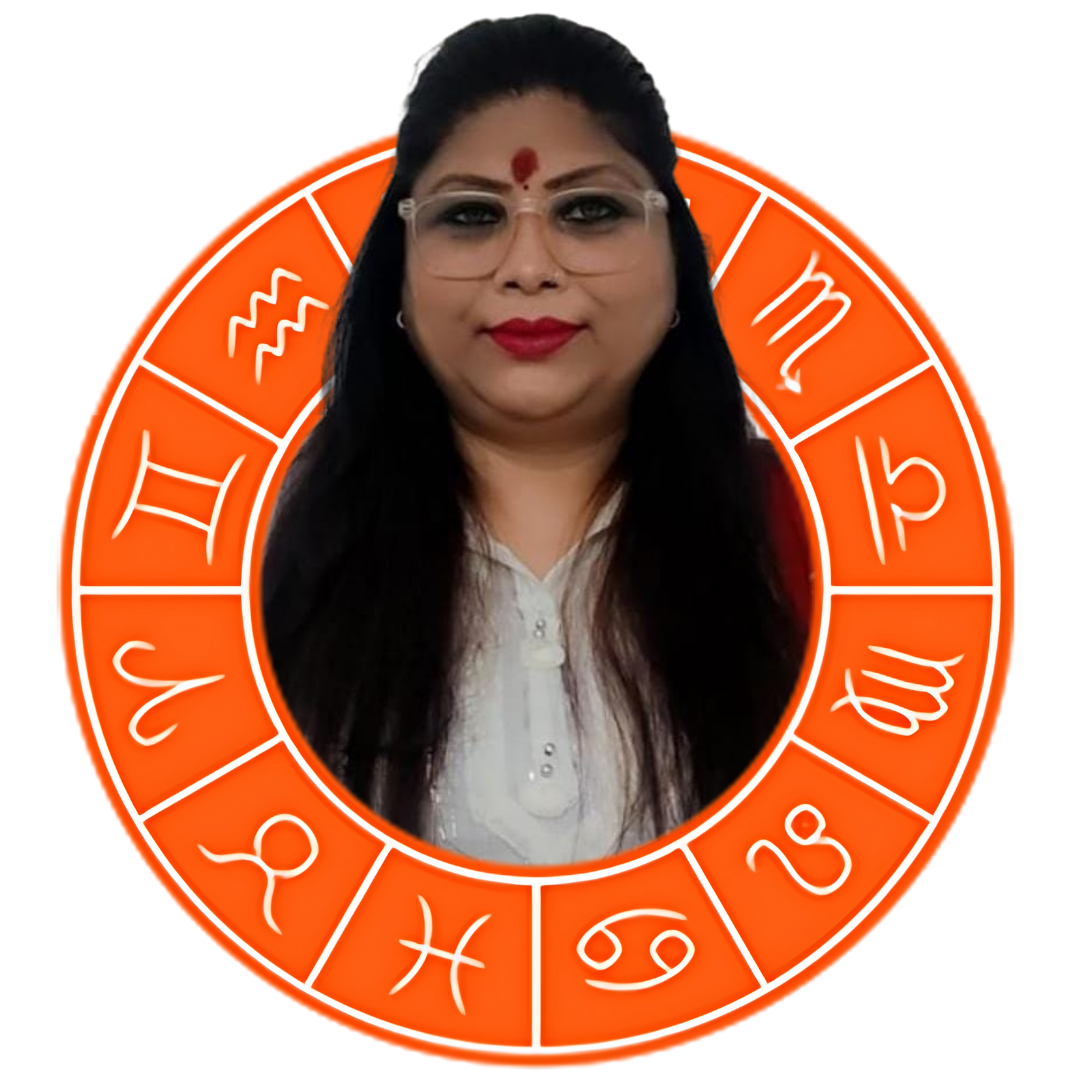By Apna Jyotish Dham On 08-08-2025 at 7:49 am
What is the Root Cause of Our Problems, and How Can One Overcome Them?

Why do some problems, like lack of peace of mind, problems with money, or emotional suffering, appear to reappear in our lives? Do they actually have anything to do with our "past lives," or is our path being shaped by a more profound, current reality?
To find the real cause of our issues and learn how to actively solve them, let's explore the age-old teachings of astrology, dharma, and spiritual living.
The Role of Planetary Influence and Time of Birth
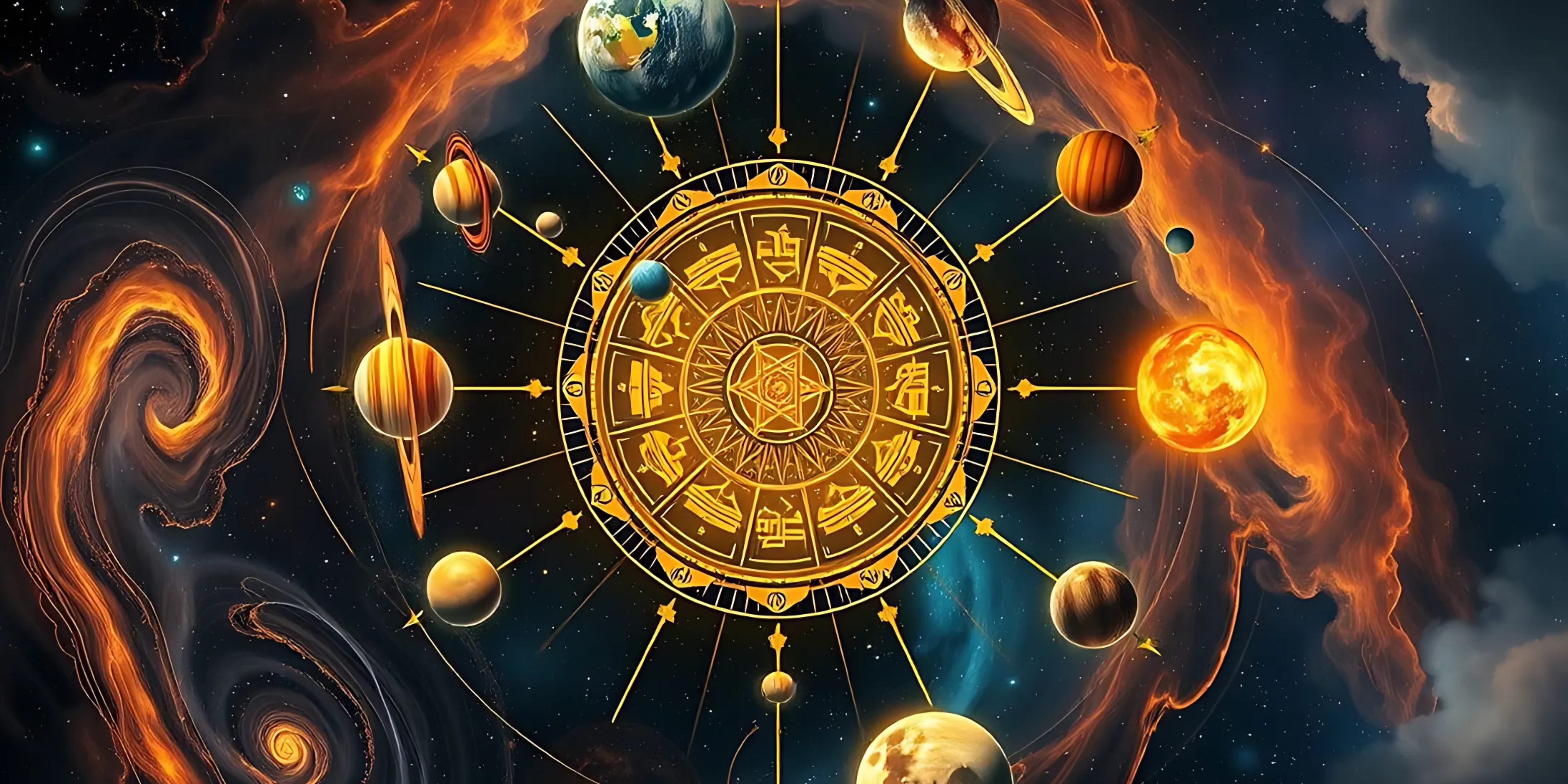
Every life has a beginning point. Numerous celestial elements come into alignment and leave their energetic mark at birth. What can be referred to as our Chetna ka Naksha (blueprint of consciousness) is made up of the Nakshatra (lunar constellation), Choghadiya (the auspicious or inauspicious window of time), and—above all—the positions of the planets.
This planetary position has a direct impact on our character, inclinations, emotional states, and life journey. These planetary vibrations leave an imprint on our Chetna (consciousness), which affects not only our personality but also our capacity to deal with various life circumstances.
And so, these cosmic forces have an immense impact on the quality and course of our lives—not in a superstitious sense, but rather in a vibrational and karmic sense that has been recognised time and again in ancient writings.
It's the Influence of the Present, Not a thing of your Past Life

A lot of people think that everything that occurs in their lives is the consequence of some unresolved karma from a previous life. Although karma exists, it is a misconception that your present circumstances are only the result of something you have forgotten or are unable to fully understand.
To be true, your daily experience is shaped by your current circumstances, including your birth time, planetary positions, and current karmic deeds. Ignoring the present in favour of an unexplained past will only cause you to take longer to heal. Your life's narrative is being written right now.
The Three Taapas That Cause Suffering (त्रिविध ताप)
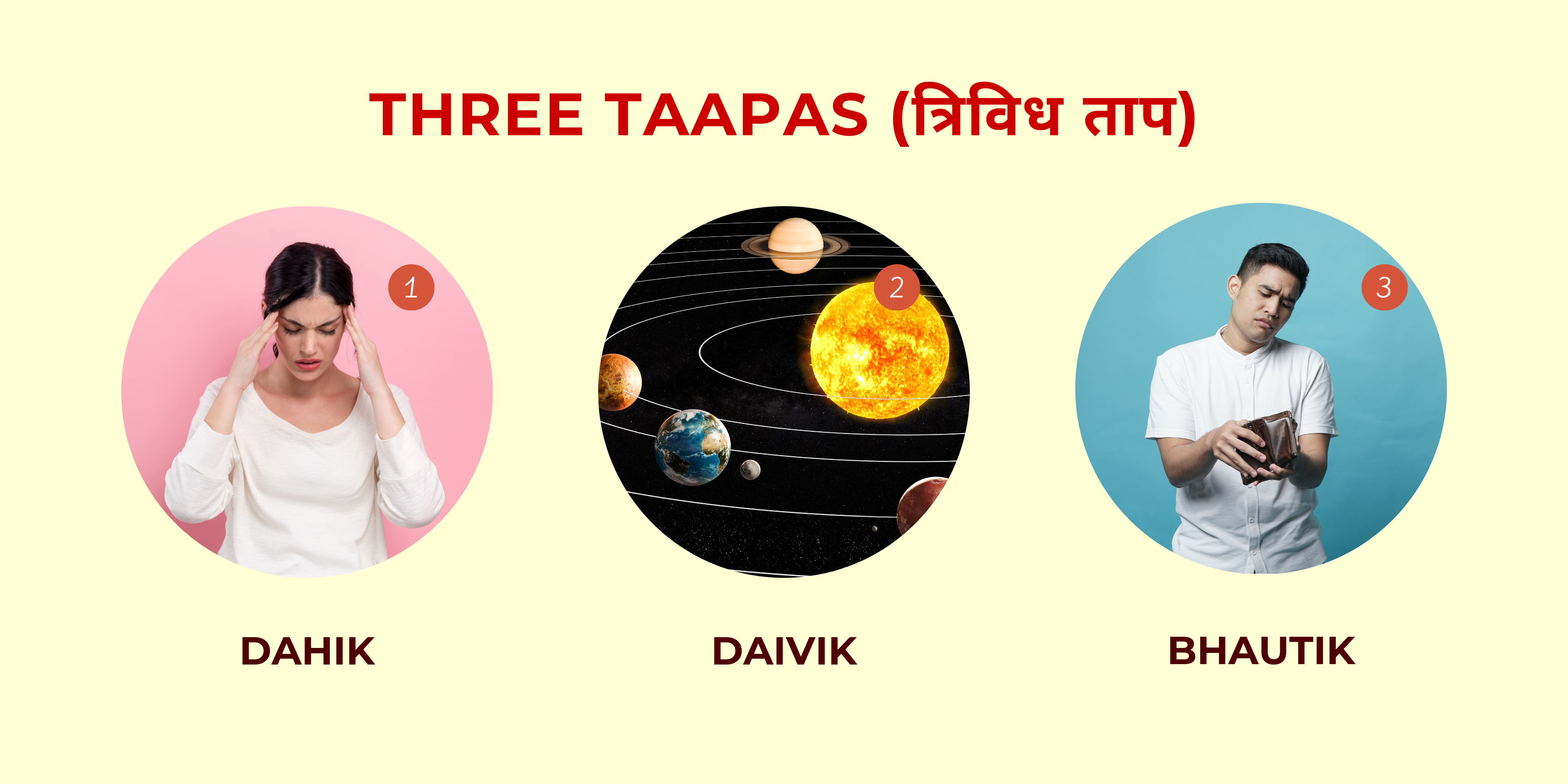
According to Sanatan Dharma, the three types of suffering that all people go through can be found in त्रिविध ताप (Trividha Taap):
दाहिक (Dahik Taap)
दाहिक (Dahik Taap) is the pain that people inflict, whether intentionally or unknowingly. We may start to feel exhausted, physically ill, or emotionally weak when those around us misuse tantra or mantra or hold negative intent out of jealousy, rage, or sheer competitiveness.
Dahik taap is frequently associated with illnesses, abrupt energy loss, or unexplained lethargy. The stability of our physical bodies is impacted by this type of sorrow. It may also result in psychological stress or chronic illnesses if ignored.
दैविक (Daivik Taap)
This is the discomfort caused by the planetary forces. A person's profession, relationships, or finances can be hampered by planets like Shani, Rahu, or Mangal that are unfavourably positioned in their kundali.
Daivik taap is a divine invitation to reflect, realign, and deepen your spiritual base, not a curse. Awareness is the first step, but rituals and remedies can help lessen its effects.
भौतिक (Bhautik Taap)
Our material lives and social standing are impacted by this type of suffering. When people struggle with worldly relationships, lose their wealth or reputation, or experience humiliation, bhautik taap is at work.
It hurts one's position in society and influences how other people see and interact with us.
Do jealousy and External Influences play any role?
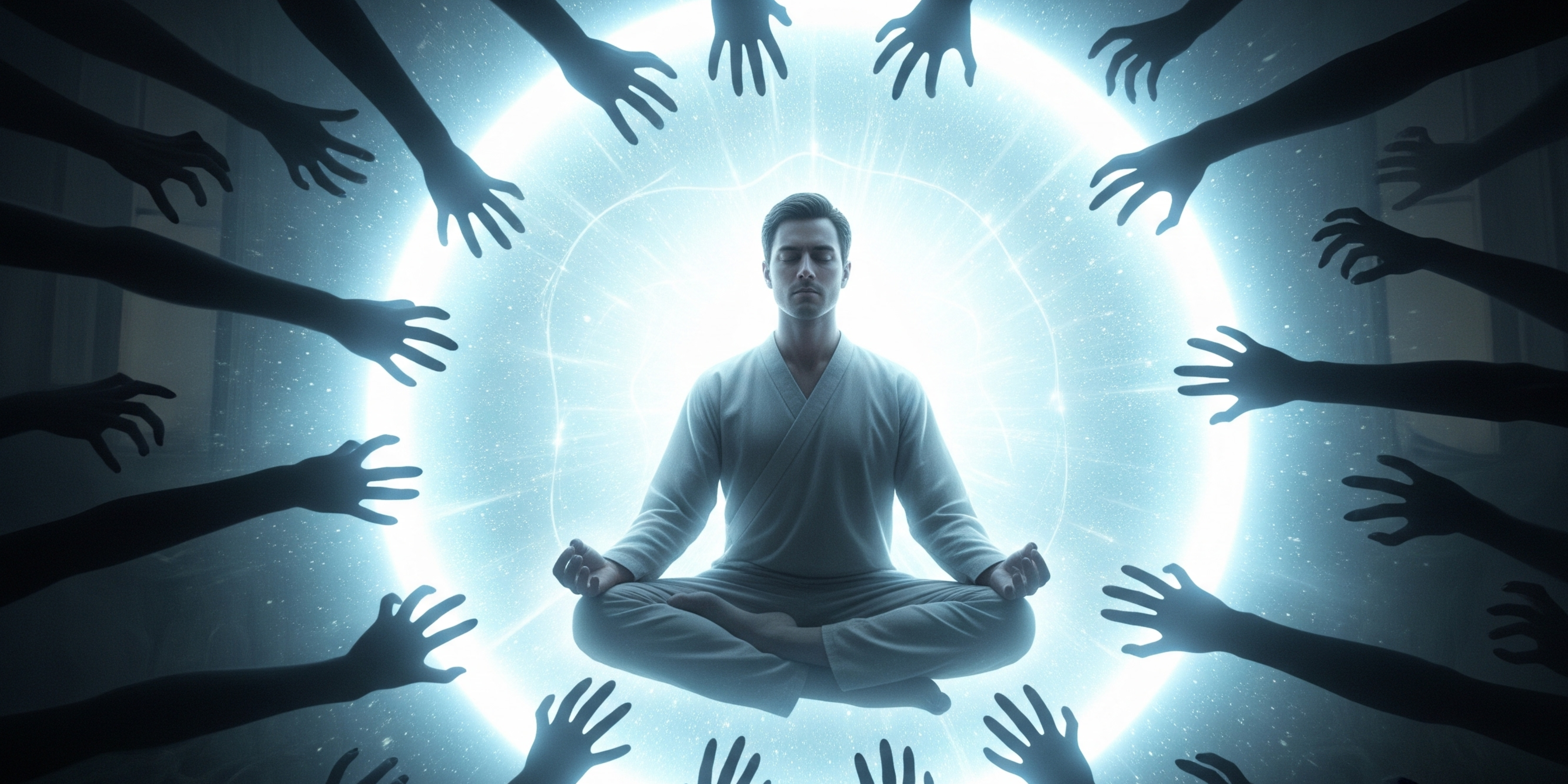
Yes. It does.
Negativity does not always originate from within. Envious people may go to spiritual or energy extremes in real life, engaging in rituals or energies that affect our aura. Without spiritual discipline or protection, one can unconsciously be harmed by these unseen forces.
When used with malicious intent, tantra and mantra can upset a person's equilibrium, both mentally and physically. For this reason, awareness—rather than fear—is essential. One needs to understand how to protect themselves via discipline and trust.
The Spiritual Answer: Transform into ShivShakti
The spiritual strength must be awakened in order to move beyond these problems. Becoming ShivShakt—that is, combining your inner Shiva (awareness) and Shakti (activity) energy—is the answer.
It is strongly advised to practice Lord Shiva and Lord Hanuman's upasana (spiritual discipline) every day. These energies enable one to overcome harmful influences while also protecting the self.
When performed under appropriate supervision, chanting, meditation, and basic rituals can help you realign your energy and remove spiritual obstructions.
Rituals Need to Be Done Correctly
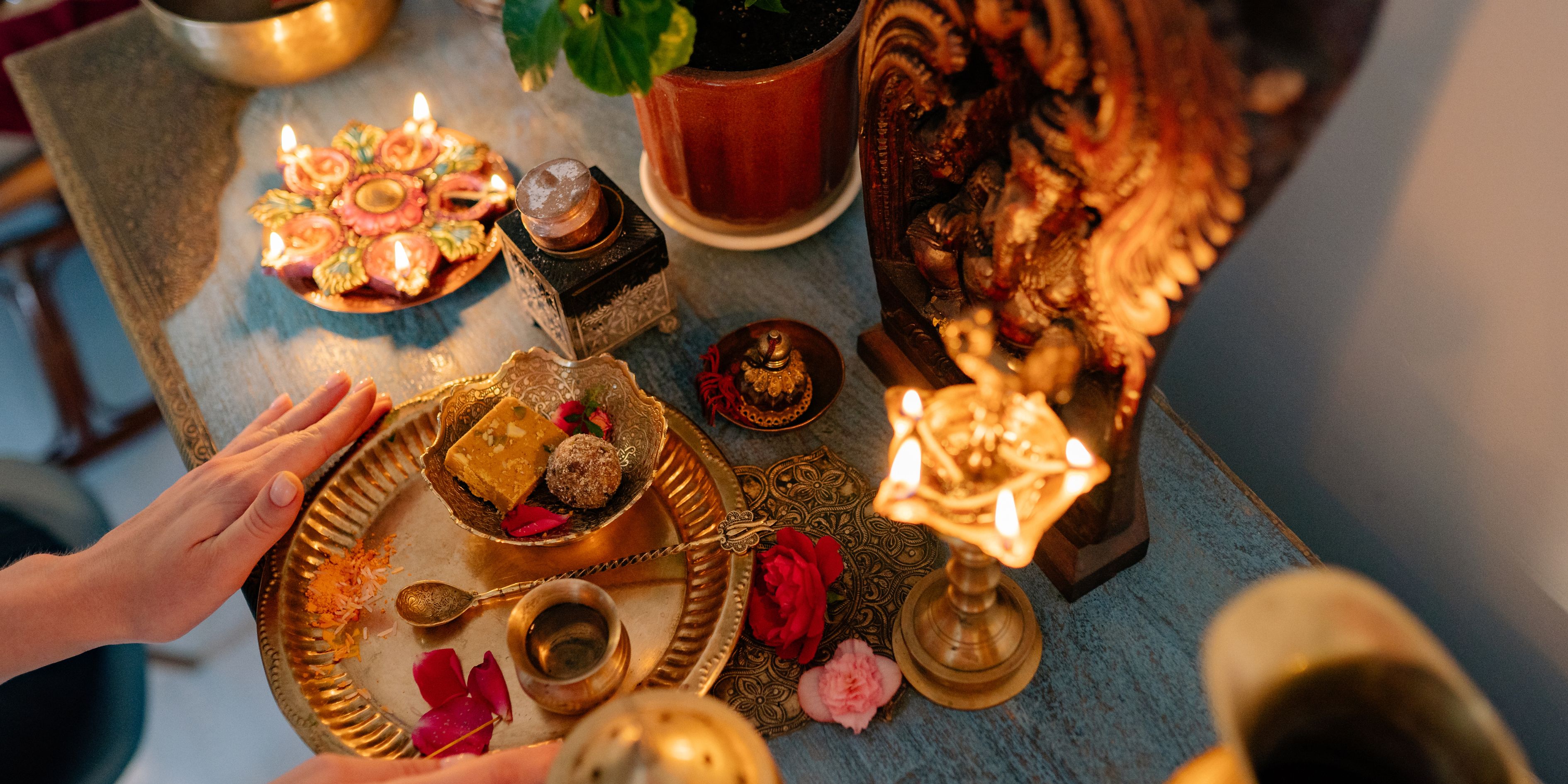
It's crucial to keep in your mind that you should never carry out any ritual or a ceremony before fully knowing it. When done incorrectly, a mantra or havan can have no effect at all or, in certain situations, even cause more disharmony.
For this reason, it's critical to consult with experts in the spiritual sciences. A ritual should never be rushed. It is a science of spirituality, not superstition.
Seek Advice from a Trusted Guru
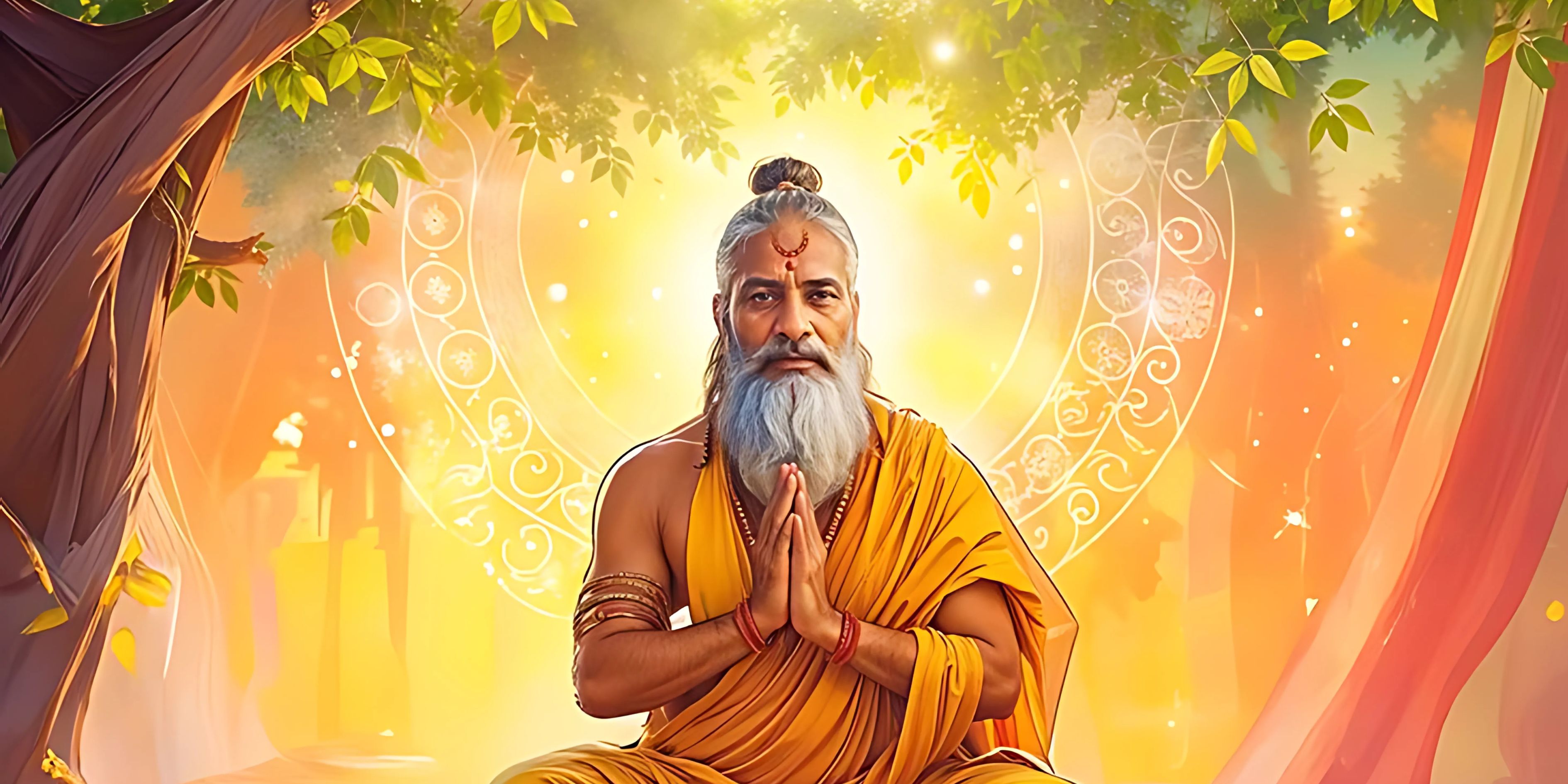
A guru is a mirror that reflects your truth; they are more than just a teacher. Any problem in life might have the appropriate samadhaan (solution) with their blessings.
A guru demonstrates the right steps, timings, and rituals that make transformation not just feasible but also inevitable. Walking the path with direction makes it easier.
Don't Let Past Life Theories Deceive You
The idea that your entire sufferings stem from karma from previous lives is one of the most popular misconceptions. This idea leads to inaction and hopelessness. Your past does not define you.
Accept responsibility for the here and now. That's where the true transformation starts!
Karma and Dharma: The Everlasting Reality

In the Bhagavad Gita, Bhagwaan Shri Krishna highlighted this:
"कर्म करो, फल की चिंता मत करो।"
(Follow your karma; don't worry about the outcome.)
Whether your current karma is Satkarma (virtuous) or Dushkarma (destructive), it will manifest itself in the appropriate way. After all, nothing happens at random.
This shloka of Bhagavad Gita makes it clear:
संस्कृत श्लोक:
कर्मण्येवाधिकारस्ते मा फलेषु कदाचन।
मा कर्मफलहेतुर्भूर्मा ते सङ्गोऽस्त्वकर्मणि॥
हिंदी अर्थ:
तेरा कर्म करने में ही अधिकार है, फल में कभी भी नहीं।
इसलिए तू कर्मों के फल का कारण मत बन, और न ही तुझको अकर्म (कर्म न करने) में आसक्ति हो।
This shloka is not simply a spiritual guideline; it is a clear directive to live in the moment and fulfil one's responsibilities without regard for the outcome.
Goswami Tulsidas also emphasised this:
“करम प्रधान विश्व करि राखा।
जो जस करहि सो तस फल चाखा॥”
(This world rests on the principle of karma. Whatever one does, so shall one reap.)
Present Moment Matters The Most
In Karma Yog and Sankhya Yog, Bhagwaan Krishna teaches that the wise do not lament the past or worry about the future:
अशोच्यानन्वशोचस्त्वं प्रज्ञावादांश्च भाषसे।
गतासूनगतासूंश्च नानुशोचन्ति पण्डिताः॥
(Even when you talk wisely, you grieve for people who don't deserve your sorrow. Those who are truly wise do not mourn for the dead or the living.)
This shloka serves as a reminder that knowledge is found in staying grounded and in the moment. People who live mindfully in the present are not able to be sidetracked by internal anxieties or outside noise.
Always Remember that the past is a memory, the future is imagination.
So is there a Solution? 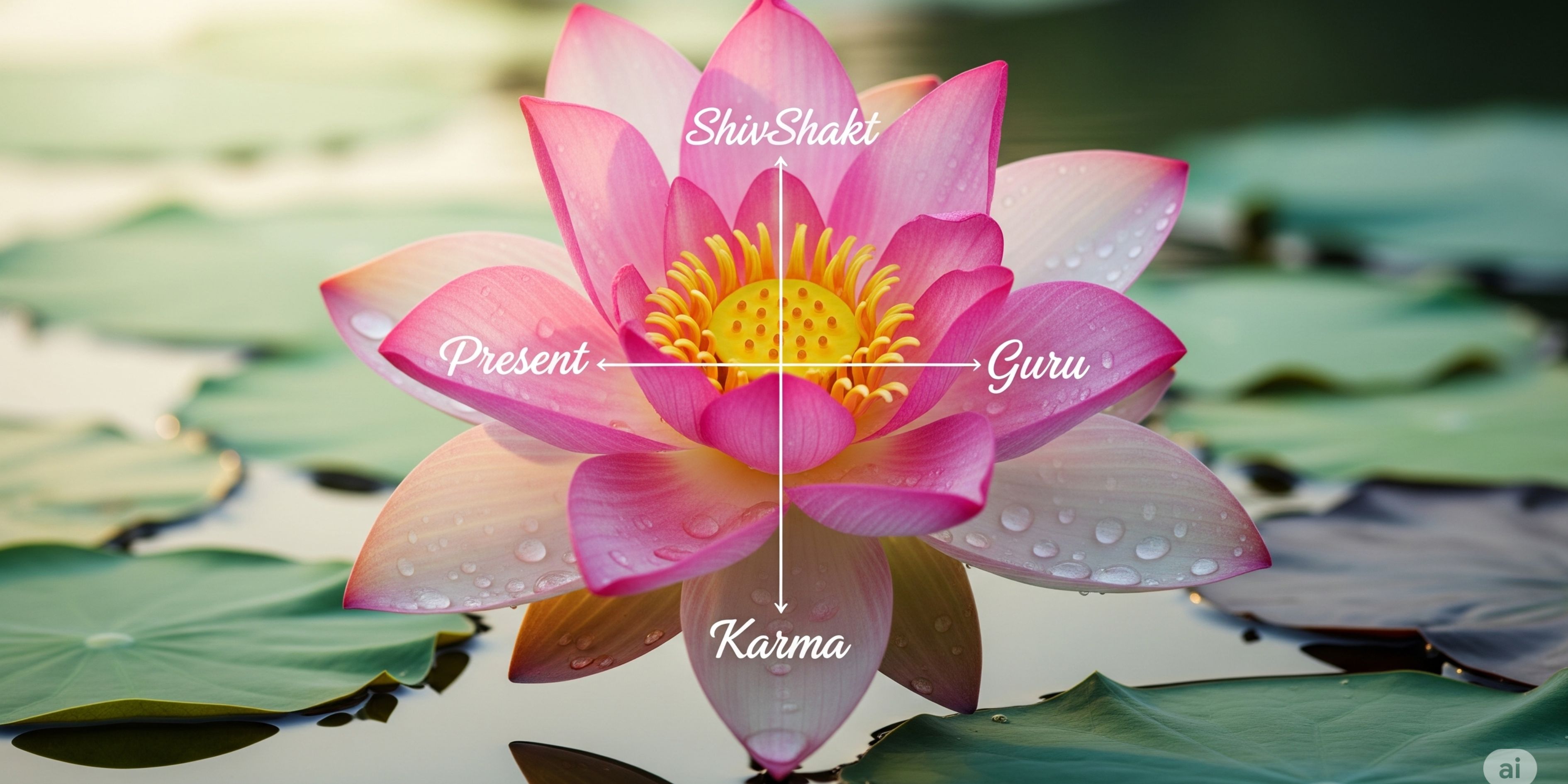 There's always a solution to a problem. And the answer is found in:
There's always a solution to a problem. And the answer is found in:
Aligning your energy with the ShivShakt, or higher consciousness.
Knowing the blueprint of your birth time.
Maintaining your karmic role in the present time.
Finding the appropriate guru and performing the right rituals.
.
Avoiding the myth of baggage from previous lives.
Always keep in mind that you are the author of your life and that you can change the course of your future with your present karma!
